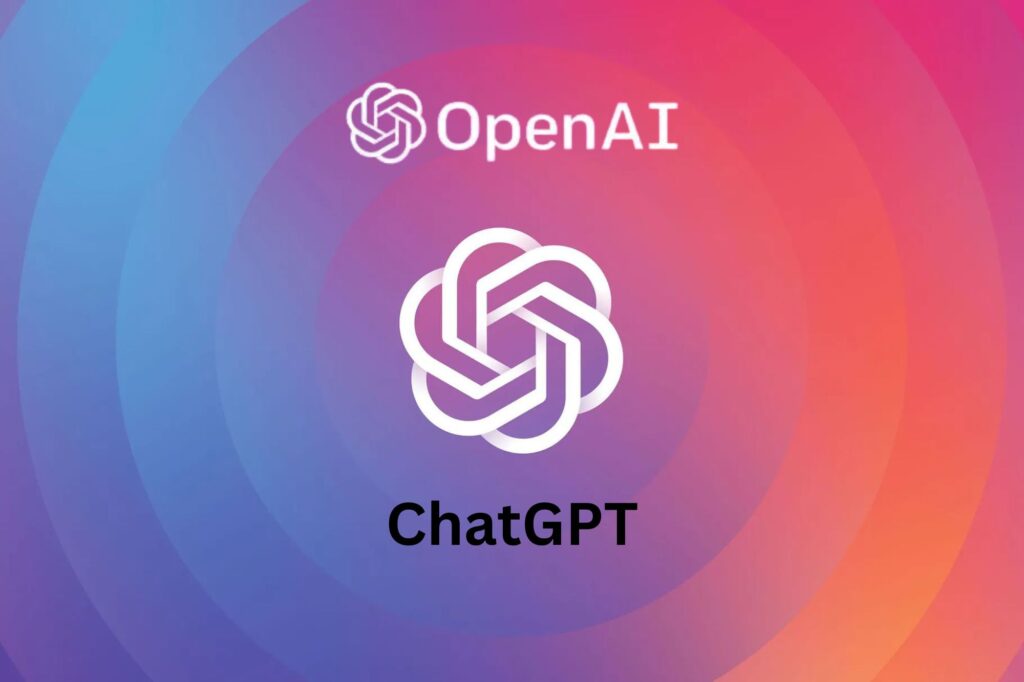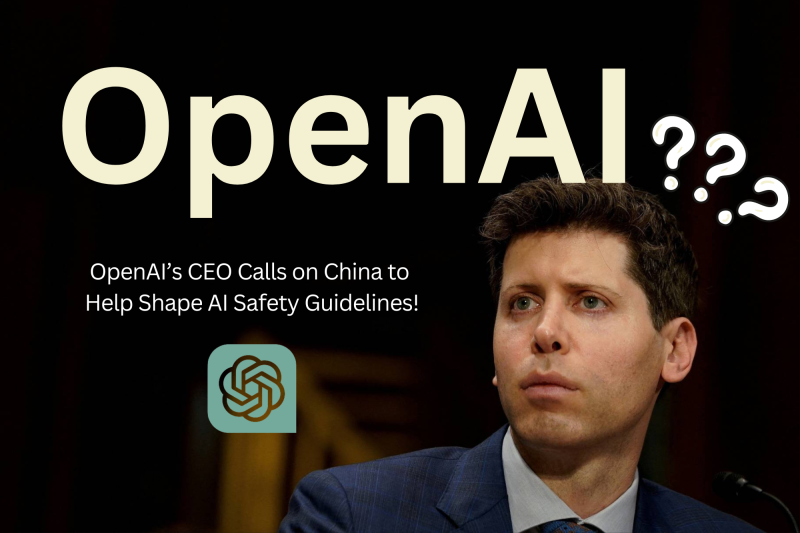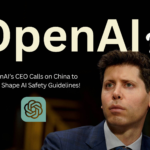Sam Altman, CEO of OpenAI, urged China to assist in creating AI safety standards despite the tense ties between Beijing and Washington. The country has many AI professionals, the tech leader recognizes, who can help with this project. Altman demonstrates his dedication to ensuring that artificial intelligence benefits humans in this way.
Globally, the AI wave has grown beyond its ChatGPT origins. Artificial intelligence now offers more than just chatbots. Many nations recognize its potential advantages and threats, encouraging international cooperation to assist and safeguard humanity.
Understanding such problems enables us to see how this technology will continue to change our lives. The CEO of OpenAI enlisted China’s assistance in drafting global AI standards, as discussed in this article. I’ll next go over his company’s recommendations for formulating such regulations.
China should take part in creating AI guardrails to ensure the safety of new systems, OpenAI's Sam Altman says https://t.co/kafOf1w3ax
— Bloomberg (@business) June 10, 2023
How did Sam Altman communicate with China?
The leader of Open AI has opened several ways to encourage a new technological era for the new generations by releasing ChatGPT, an advanced AI tool. Moreover, this initiative is just months old, yet it has emerged as a revolution in AI.
But as this technology advances, its dangers become more evident. Since AI bots are used by people worldwide, Altman was aware that reducing their hazards would call for an international effort.
To establish AI legislation, Sam Altman has been meeting with several global leaders. When he appeared on June 10 at a conference in Beijing, he had a recent interaction with China. He stated the following:
“The stakes for international cooperation have never been higher due to the development of more powerful AI systems. Given the challenges of aligning advanced AI systems, China has some of the top AI expertise in the world. However, this requires the brightest brains from across the globe.”

The event is being hosted by the Beijing Academy of Artificial Intelligence, which has the support of the Beijing municipal government and the Chinese Ministry of Science and Technology. Additionally, several speakers were invited from prestigious colleges and businesses, such as the speech-recognition startup iFlytek, the telecom corporation Huawei Technologies, and the search engine Baidu.
Surprisingly, the Chinese enthusiastically welcomed his arrival, despite the fact that ChatGPT is blocked in China owing to the country’s stringent cyber controls.
In recent policy announcements, the Chinese government has prioritized the development of AI. Additionally, it has been promoting new tech regulations to guarantee obedience to the severely controlled internet in the country.
A day before the Beijing gathering, the CEO of OpenAI delivered the same message. During a prominent visit to South Korea, he urged for global generative AI regulations.
RELATED: Meta announces plans to include ‘AI personas’ in WhatsApp, Instagram













